
Working in the Climate Change Sector in South Korea
- Date 2021-10-22 03:52
- CategoryStory
- Hit2315
Christina Humtsoe, one of our former students from India, shares her experience of working in South Korea on issues of climate change, a cause she is passionate about.
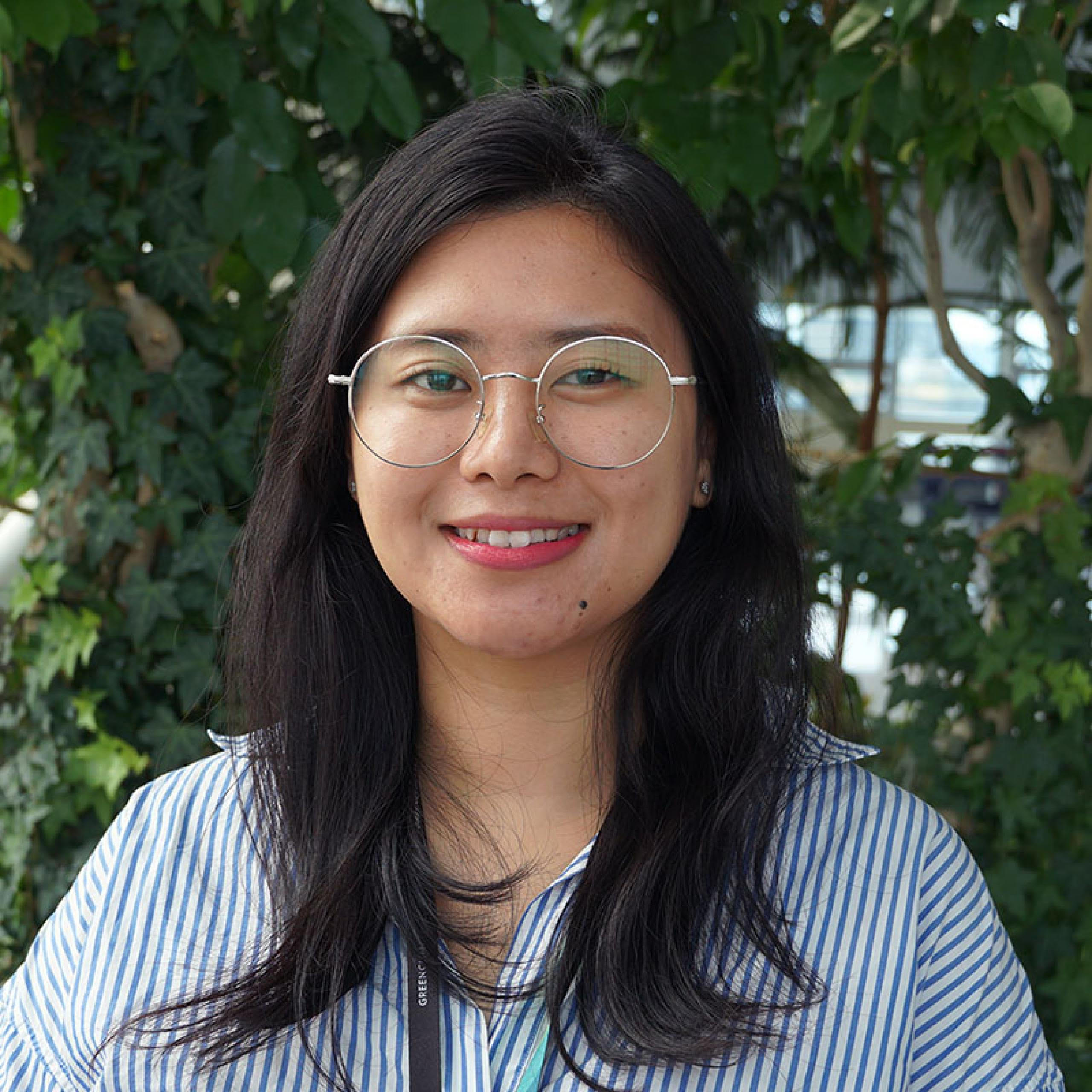
Could you briefly introduce yourself and tell us what you currently do?
My name is Christina Humtsoe, and I am from the northeastern region of India called Nagaland. I graduated from the MDP program in May 2021 and immediately joined the Green Climate Fund as an Evaluation Intern for the Independent Evaluation Unit. The Green Climate Fund serves both the United Nations Framework Convention on Climate Change (UNFCCC) and the Paris Agreement, and it is the largest climate fund, providing financial resources to adapting and mitigating climate change in the developing countries. I specifically work with two workstreams- DataLab and the LORTA team.
Prior to KDIS, I trained under the Department of New and Renewable Energy Resources in Nagaland while the state was developing its action plan, which was to be aligned with the National Action Plan or the NDC; it was a huge deal for someone who just started in the climate sector. When I am not indulging in climate reports, I enjoy cooking for friends; I am sure a lot of my KDI friends can testify to that. I also love binge-watching on Netflix. The most recent show I binged was Squid Game, and it was phenomenal!
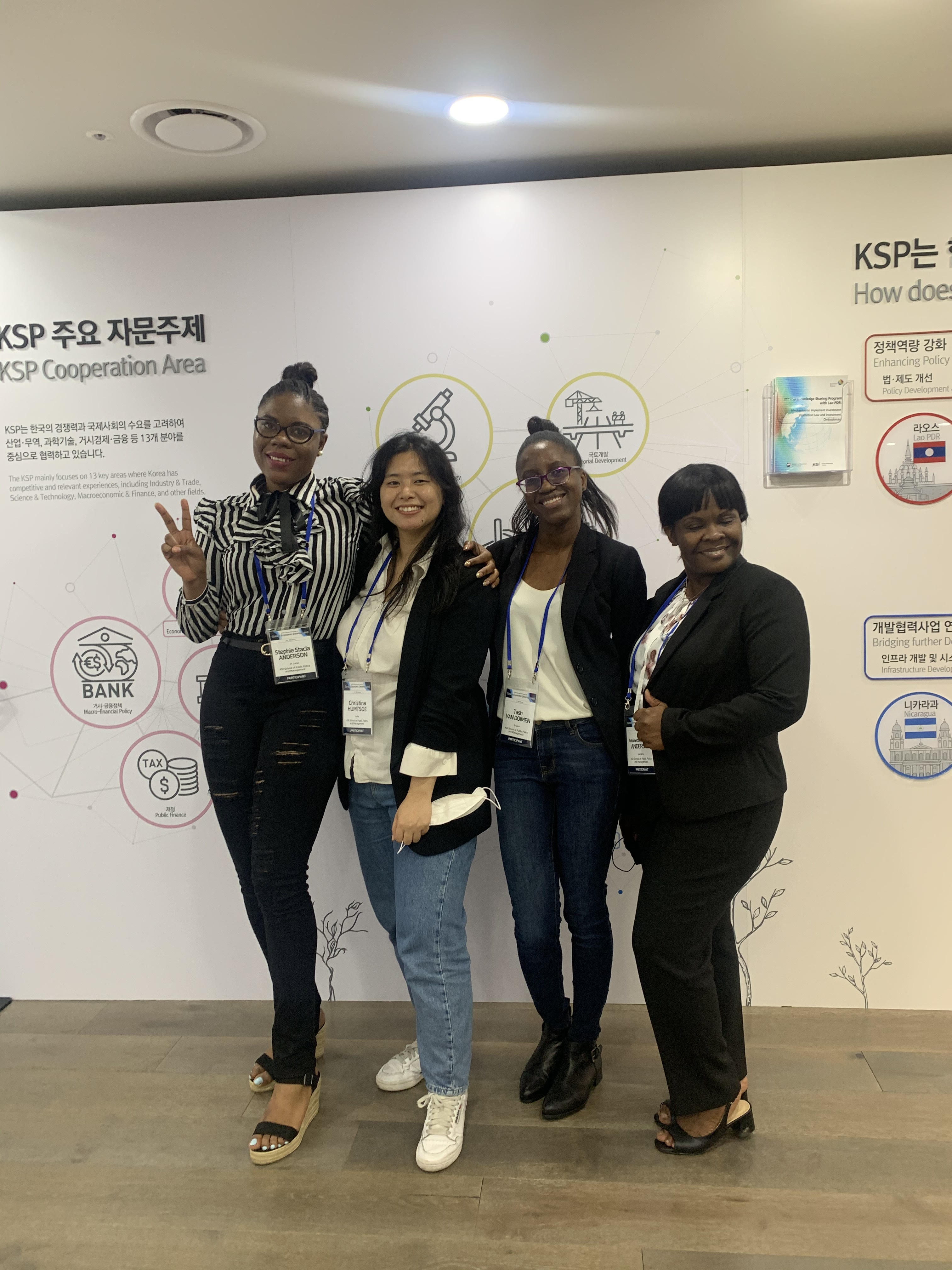
How did you first become interested in climate change?
I come from a state in India where 70% of the rural population depends on agriculture for their livelihood. The recent dramatic weather conditions have affected a majority of the people in my area, especially those living in rural parts. As a result, I have become an avid advocate for climate change, especially for indigenous peoples. Over the course of time, I realized that there is a dearth of resources, materials, and information that people can access about the changes in biodiversity in my community. One should understand that indigenous peoples are very special when it comes to climate change. The connection that one has with the environment, in terms of taking care of it, is unique on its own. The term “indigenous knowledge” has been buzzing around the UN for quite some time, and it is indeed promising to connect with the indigenous communities from around the world and share knowledge in the conservation of our environment. As you can probably tell, it was natural for me to ultimately work directly in the field, where I could make more of an impact!
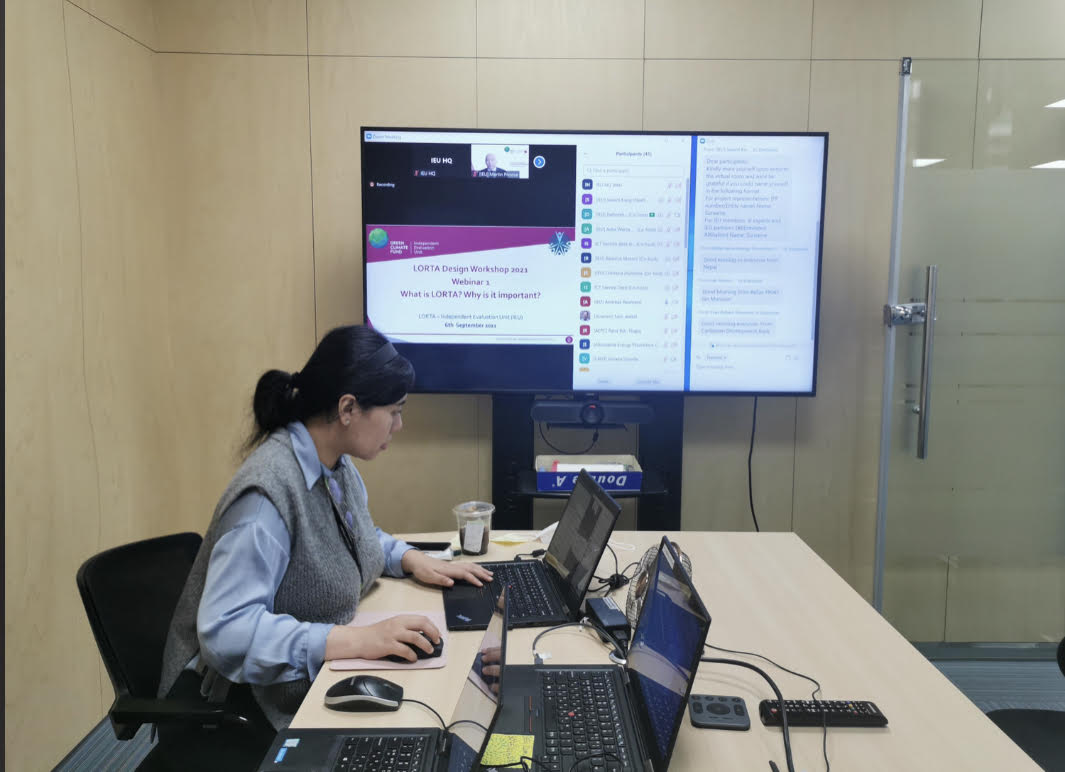
Did studying at KDIS change some of your notions about climate change or the environment as a concept? If so, what were those?
Indeed! I knew KDIS was the right space for me to understand the very essence of what’s causing this change. What can we as individuals contribute? I needed to understand the fundamentals before immersing myself in the sector, i.e. the science, and most importantly, the policies toward climate change. KDIS provides substantial courses to kick-start your knowledge. I remember taking every course related to climate change - Policies of climate change (a must-take for amateurs like me), sustainable energy policies, and the development of renewable energy. I built my research paper based on what I learned. In terms of practicality, KDIS started various initiatives to encourage students and staff alike to go green. It was a nudge we all needed!
In addition, I was one of the few to attend the 2020 Euro Asia Summer School, which brings students together from Asia and Europe to study key aspects of global governance from a comparative perspective. It was an opportunity for me to meet and interact with like-minded people, and therefore to facilitate inter-cultural dialogue on global governance, mainly "Sustainable Development Goals after the COVID Pandemic. European and Asian Perspectives on Global Governance," organized by the Leuven Centre for Global Governance Studies (Belgium).
To top it all off, I also had the privilege to work with the Sejong City Office of Education in the summer of 2020. For this internship, I was primarily asked to develop the Youth Forum 2021 document to challenge the youth of today to engage with SDGs, given the unprecedented pandemic that we are facing. All in all, I made the most out of it academically, and I gained a real-world outlook on climate change and its challenges. KDIS helped much more than I expected.
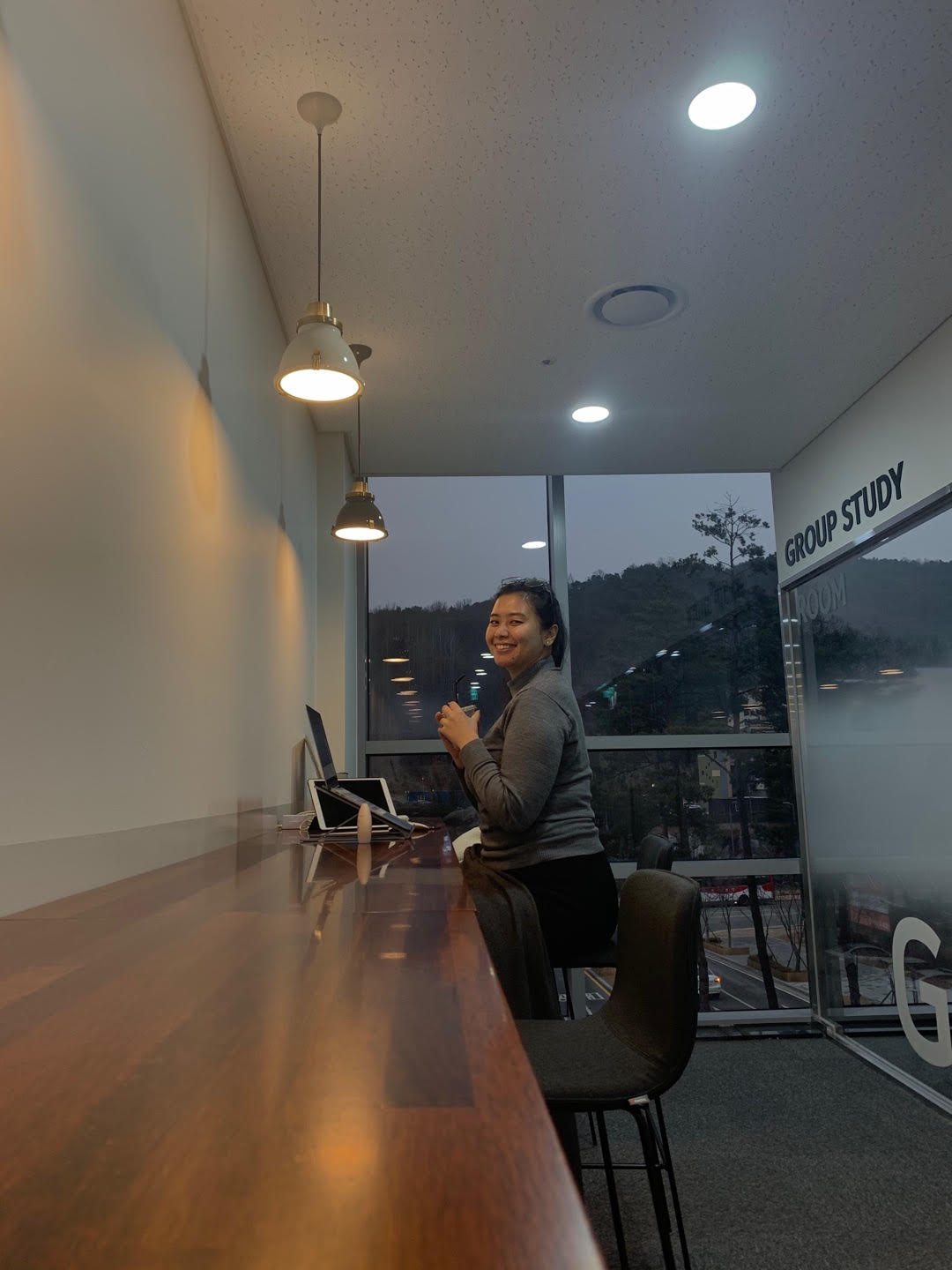
What do you think is a real challenge that we face globally, and how do we address it?
I think we tend to sometimes forget that we are equally responsible, as much as governments are. On one hand, we have citizens demanding change, and on the other hand, we have governments and organizations trying to prioritize the allocation of its resources. What’s interesting to note is that while doing so, a huge gap has formed and is affecting the most vulnerable communities. This, to me, is harsh yet realistically inevitable. In my opinion, regional and local communities should be more proactive than ever! At GCF, I have seen projects fail, since certain criteria have not been met or not scored high enough. If only communities collectively worked with what is available, I believe a lot can be achieved! Globally we are facing many challenges, but by breaking it down regionally or locally, it could be tackled.
How would you describe your experience of working in South Korea? Do you have any interesting anecdotes to share?
I worked in South Korea after receiving my first master’s degree from Sogang University as a marketing analyst at a fintech company. As the only foreigner, it was intriguing, as well as challenging. Working at a Korean company gave me a microscopic view of how hardworking and precise Koreans are at work. It also revealed to me that they are very warm-hearted people by nature, but I also learned that no matter how hardworking one is, teamwork and looking out for each other are essential.
Fast-forward to now, working at the GCF is quite different. It''s very diverse and reminds me of KDIS. I guess KDIS was a warmup. I don’t hold back my ideas and even as an intern I have been given space to contribute, which I quite like. One of the highlights so far has been facilitating and moderating a webinar for about 40+ participants with accredited entities and financial institutions. I took the bold move and partnered with J-PAL a leading institution in research methods. So far, I am loving my time here at the fund and developing skills and knowledge in the field of climate finance!
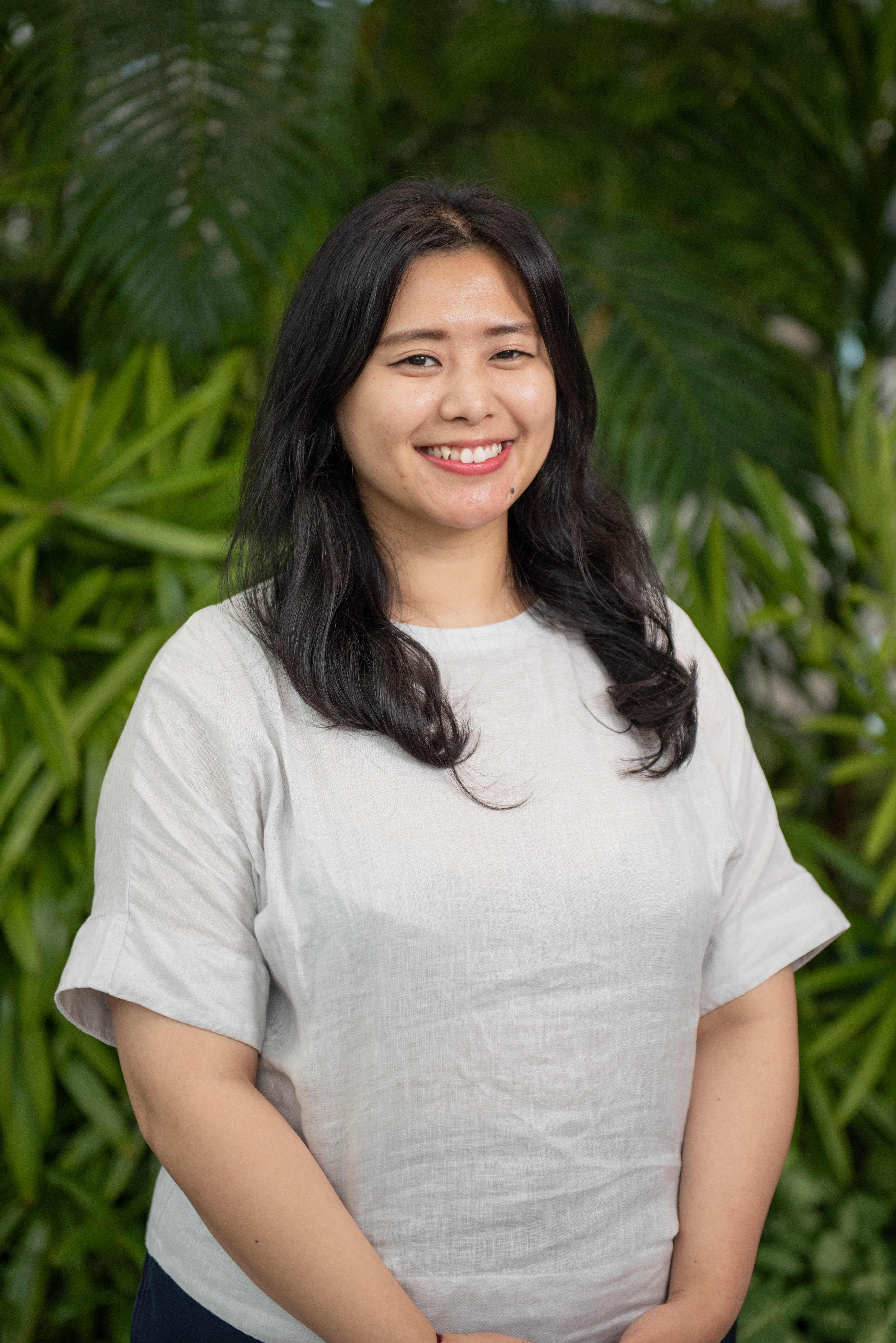
What would you like to say to current students at KDIS?
First and foremost, congratulations on getting into KDIS. Grasp as much as you can, but also be curious! Connect with your fellow mates. I made some of the most amazing friends- Tash, Stephie, Gloria, and Ghazal. Reach out to people, even if it means stepping out of your comfort zone! Be challenged and step back and listen to your peers! Most importantly go beyond academics and enjoy what Sejong has to offer! It has been a lifelong experience for me, and I am sure it will be for you as well!
Related News
-
Research and Education7 days ago
Republic of Korea Economic Bulletin, May 2024#KDI #Economic #KDISCHOOL #kdischool #Economic Bulletin #Research
-
Research and Education35 days ago
Republic of Korea Economic Bulletin, April 2024#KDI #Economic #KDISCHOOL #kdischool #Economic Bulletin #Research
-
Research and Education63 days ago
Republic of Korea Economic Bulletin, March 2024#KDI #Economic #KDISCHOOL #kdischool #Economic Bulletin #Research
